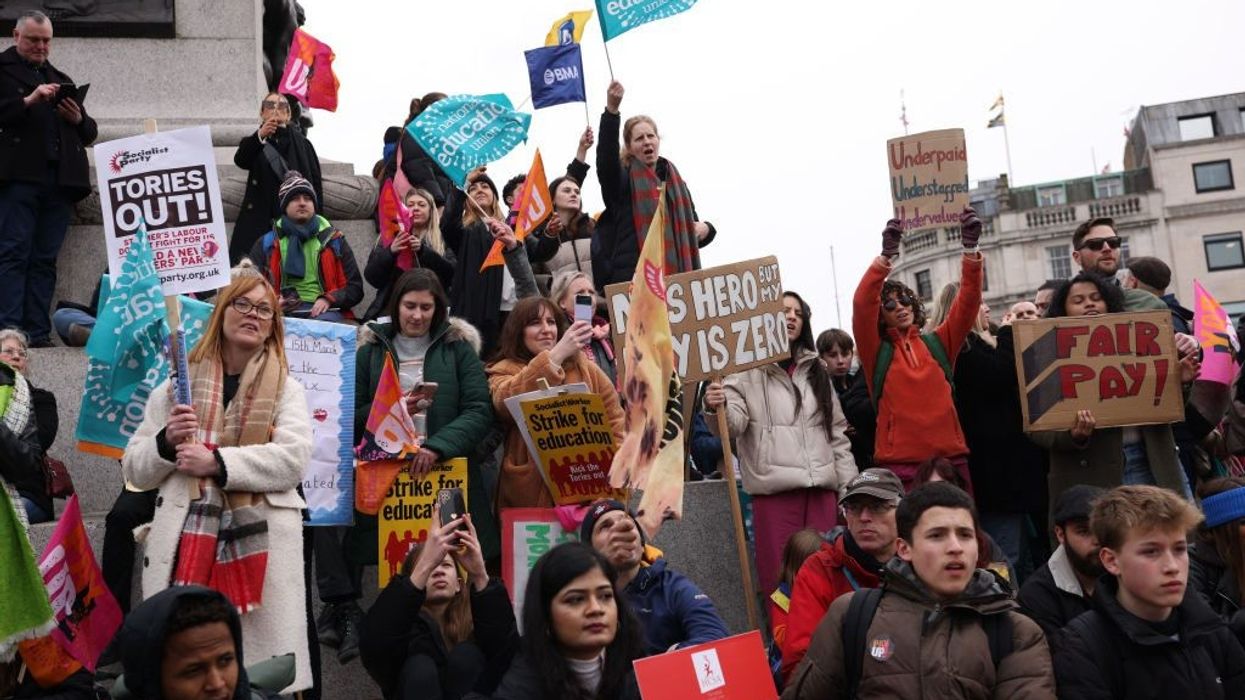Unions representing healthcare workers in England agreed a final pay offer with the British government on Thursday (16), potentially bringing an end to some strikes affecting the state-run National Health Service (NHS).
Prime minister Rishi Sunak has been under growing pressure to quell the worst run of worker unrest in the country since the 1980s, with strikes affecting almost every aspect of a normal life from healthcare and transport to schools and border checks.
"The government and the NHS Staff Council have completed negotiations and reached a final offer," they said in a joint statement. "Both sides believe it represents a fair and reasonable settlement."
The NHS Staff Council brings together NHS employers and unions representing staff, including nurses, paramedics and midwives. The agreement did not apply to junior doctors, who are engaged in a separate dispute with the government.
The offer still needs to be put to union members for their approval.
Three of the unions, Unison, GMB and the Royal College of Nursing (RCN), said they recommended their members accept the offer. Unite said it would pause strike action while members voted, but it was unable to recommend the offer.
“It is not a panacea, but it is real tangible progress," RCN General Secretary Pat Cullen said.
The offer includes a one-off payment of two per cent of 2022/23 salaries and a five per cent pay rise for 2023/24, the government said. It will apply to more than 1 million people, including those who are not part of the unions.
Sunak said he was "really pleased" at what he called a "fair deal" reached after several weeks of talks.
"Importantly, this deal is also affordable for the taxpayer and continues to deliver on my promise to halve inflation," Sunak said.
The agreement is a significant breakthrough, coming a day after half a million Britons went on strikes to coincide with the government's budget. Last month, tens of thousands of nurses and ambulance service staff staged the biggest ever strike in the NHS's 75-year history.
Previously the government said it could not meet workers' demands for bigger pay rises to help cope with inflation's surge above 10 per cent. Ministers had said doing so would be unaffordable and could drive inflation higher.
(Reuters)




